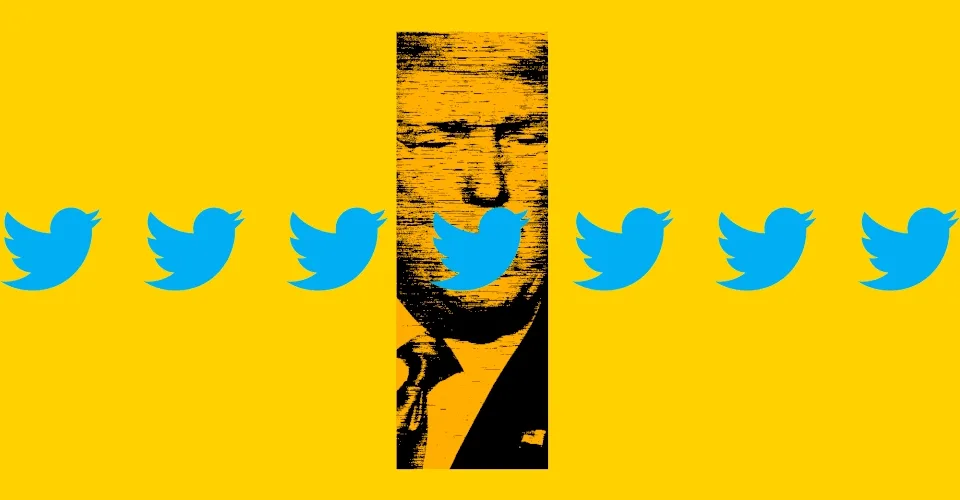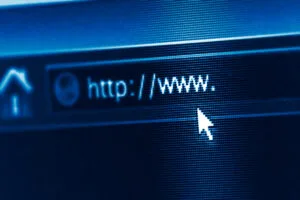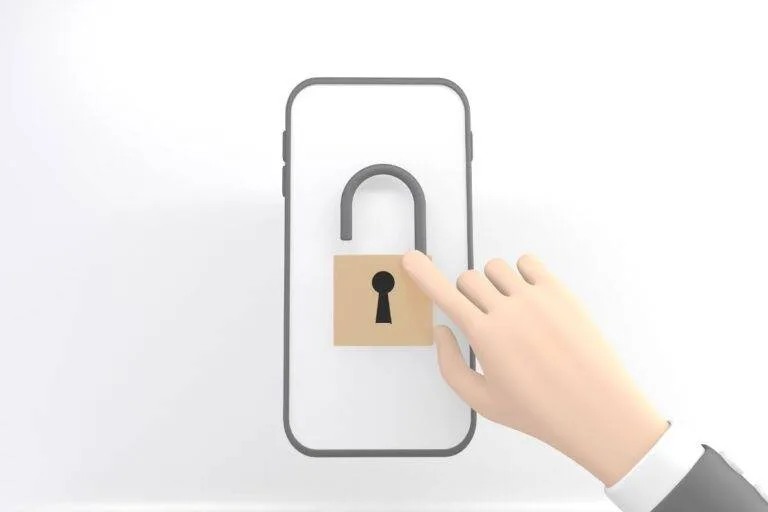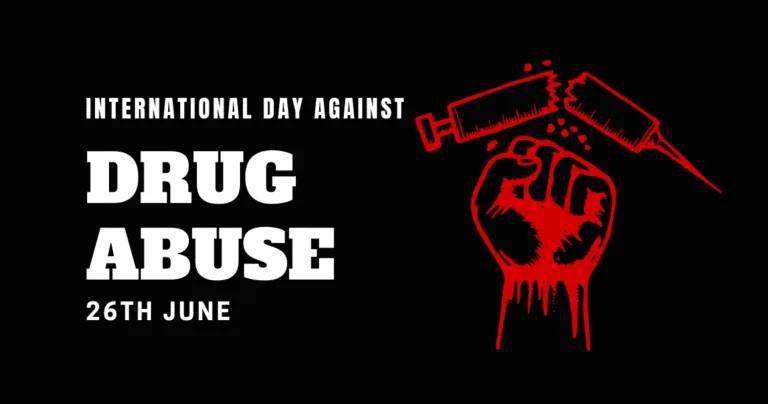[responsivevoice_button rate=”1″ pitch=”1.2″ volume=”0.8″ voice=”US English Female” buttontext=”Story in Audio”]
Twitter Should Not Stay in Its Lane
Twitter has, in the case of Trump’s false tweets about voting by mail, appended a link for people to “get the facts about mail-in ballots,” which leads to a point-by-point refutation, authored by Twitter, of the president’s falsehoods. The platform has specific policies about unsubstantiated claims aimed at undermining faith in the integrity of balloting, and Dorsey has made clear that the application of those policies, as with a typical company, rests with him. “There is someone ultimately accountable for our actions as a company, and that’s me,” Dorsey tweeted last month.
Consider the case of Trump’s tweet saying, “When the looting starts, the shooting starts”—a verbatim throwback to a ’60s-era phrase used by a white police commissioner who also said, “We don’t mind being accused of police brutality.” Trump tweeted this in light of mass protests over the police killing of George Floyd. Twitter, as it did this week, hid that tweet but stopped short of deleting it, requiring readers to click through a notice that read: “This Tweet violated the Twitter Rules about glorifying violence.”
Trump, as is his wont, hit back. He has previously said that he thinks the company disrespects him and his supporters: “Republicans feel that Social Media Platforms totally silence conservatives [sic] voices. We will strongly regulate, or close them down, before we can ever allow this to happen.”
Conor Friedersdorf: Trump’s looting tweet violates his oath of office
After Twitter’s labeling of Trump’s tweets, the White House announced a new executive order about “Preventing Online Censorship.” In a press conference about the order, Trump said of Twitter: “If it were able to be legally shut down, I would do it.” Perhaps some heart may be taken from the fact that it’s a conditional threat—he’s precisely not trying to shut down Twitter because he acknowledges that would be illegal. The order is a jumble—requiring experts to try to make sense of it—because it’s attempting to throw the kitchen sink at Trump’s perceived enemies of the moment, rather than identifying a particular public-policy problem, then attempting to grapple with it in a consistent way. The Department of Justice and several Republican senators have since proposed legislation to find ways to limit immunities that Twitter, Facebook, and other websites that amplify users’ content enjoy.
Those proposals can be analyzed and judged on their own terms as if they simply appeared on Congress’s docket out of nowhere, and I’d normally offer here some thoughts on their details. But I can’t stay in my academic lane. The executive order, and the push for more legislation, is part of a larger pattern in which the president appears to seek vengeance against those who even mildly criticize him, retaliating in any way he can, including by using the powers of his office. When, for instance, he didn’t like The Washington Post’s reporting about him, he made it clear—on Twitter, fittingly enough—that, because the paper is owned by Amazon CEO Jeff Bezos, he would like to disadvantage Amazon however he can, including by demanding that the U.S. Postal Service raise its shipping rates. Here, the executive order is so scattershot, and the legislation so crudely sweeping, that it’s important to recognize that it conveys more than its text says. What it really says is: We can make you hurt unless you do what we want, and what we want is what helps the president personally.




























